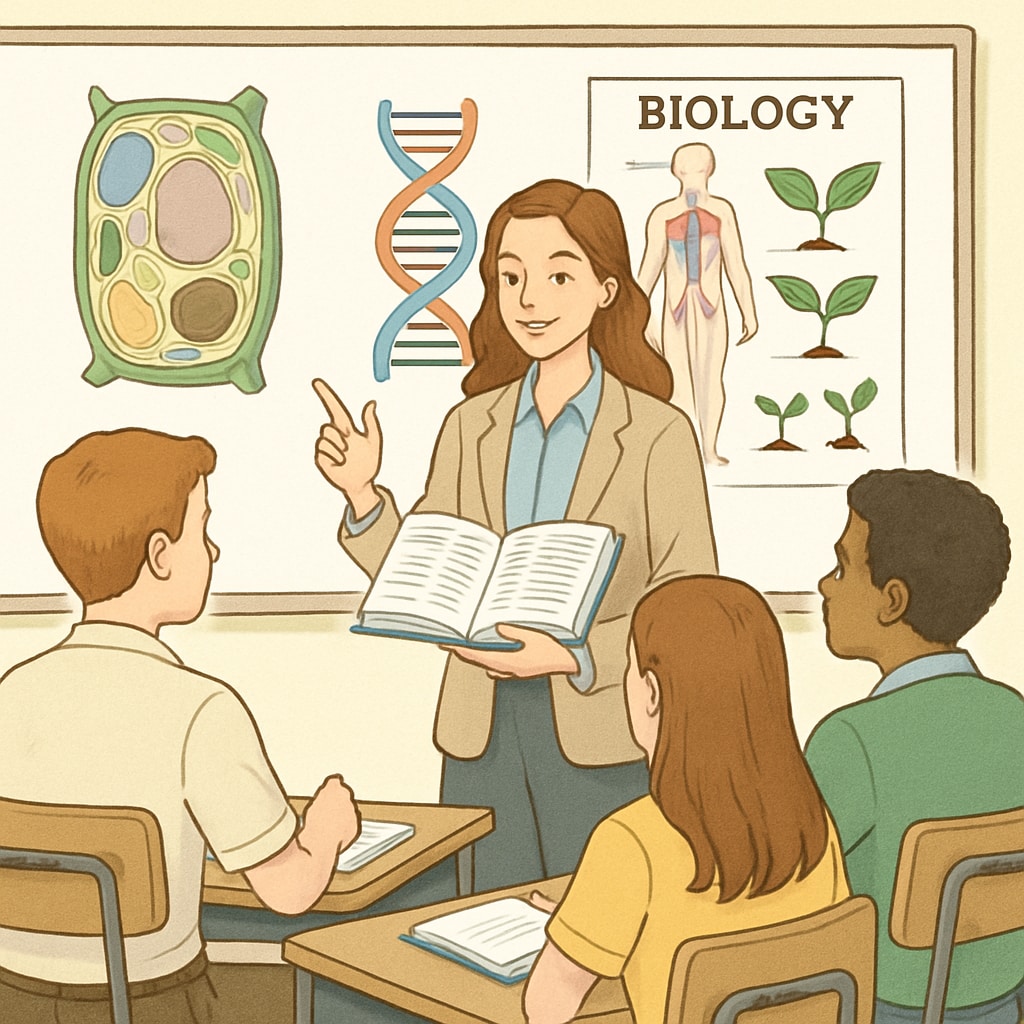Transitioning from a background in biology to pursuing a master’s degree in education may seem like an unconventional path, but it is gaining traction among STEM graduates who want to make a broader impact. Combining expertise in biology with educational training opens doors to transformative opportunities in teaching, curriculum development, and science communication. In this article, we examine the feasibility of this career shift, addressing challenges, opportunities, and strategies for success.

Why Transition from Biology to Education?
Many biology graduates find that their passion for science extends beyond the laboratory. They seek to inspire young minds, bridge the gap between complex scientific concepts and accessible learning, or contribute to the future of STEM education. Pursuing a master’s degree in education equips these individuals with the pedagogical tools, classroom management techniques, and curriculum development skills needed to thrive in educational settings.
Key motivations for this transition include:
- Desire to make science more accessible to students.
- Interest in addressing the shortage of STEM educators worldwide.
- Opportunities to influence educational policy and curriculum standards.
- Personal fulfillment from mentoring and teaching others.
For example, the U.S. Bureau of Labor Statistics highlights an increasing demand for high school science teachers, especially in biology. Such data underscores the societal need for skilled educators who can connect their scientific expertise with teaching excellence.
Challenges in Transitioning to Education
While the transition from biology to education offers numerous advantages, it is not without its hurdles. Understanding these challenges is crucial for a smooth shift:
- Academic Adjustment: Biology graduates may be unfamiliar with educational theories, classroom management, and learning psychology. Adapting to these new academic areas requires effort and openness to learning.
- Skill Development: Unlike research-focused environments, teaching demands interpersonal skills, patience, and the ability to simplify complex topics.
- Credentialing Requirements: Depending on the country or region, additional certifications or licensure may be necessary to teach in schools.
However, many education master’s programs are designed with career changers in mind, offering tailored coursework and field experiences to bridge these gaps.

Opportunities for Growth and Impact
Choosing a career in education allows biology professionals to leverage their expertise in new and meaningful ways:
- STEM Advocacy: Educators with STEM backgrounds can play pivotal roles in encouraging students, particularly underrepresented groups, to pursue science careers.
- Interdisciplinary Innovation: With combined knowledge of biology and education, individuals can contribute to developing innovative teaching methods and interdisciplinary curricula.
- Global Influence: Opportunities to work with international organizations focused on improving science literacy and education worldwide.
For instance, programs like Teach For America and UNESCO initiatives actively recruit STEM professionals to lead educational reform efforts. Similarly, platforms like Khan Academy demonstrate the potential for educators to impact global learning through digital innovation.
Practical Tips for a Successful Transition
To ensure a smooth and successful transition, consider the following strategies:
- Research Programs: Look for education master’s programs that specialize in STEM education or offer pathways for professionals from non-education backgrounds.
- Gain Experience: Volunteer as a tutor, mentor, or teaching assistant to build practical experience and confirm your interest in teaching.
- Network: Connect with educators, attend workshops, and join professional organizations to understand the field better.
- Leverage Your Expertise: Highlight your biology background as a unique strength during admissions and job interviews.
By taking these proactive steps, aspiring educators can position themselves for success in their new career paths.
As a result, transitioning from biology to education is not just a feasible option but a rewarding one. By addressing the challenges, embracing opportunities, and preparing strategically, biology graduates can make meaningful contributions to the world of education while finding personal fulfillment in shaping the next generation of learners.


